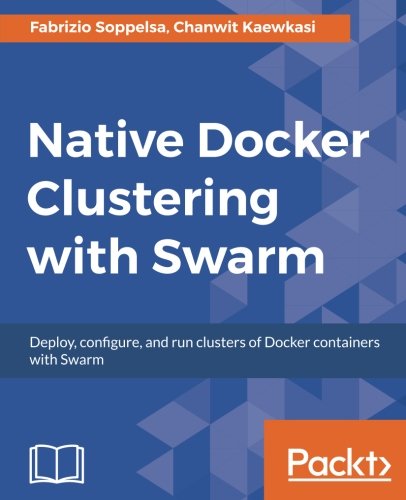; Date: Tue Nov 13 2007
Tags: OpenJDK »»»»
Funny how we all have different names for this day. For
Tom Marble it's l'anniversaire du Java Libre, for Rich Sands it's November 13 is Java Liberation Day, the same name used by
Mark Weilaard ... but I like to think of it as Java Freedom Day. In my mind there are two Java Freedom Days, the first is November 13 (today) and the second would be the opening day of JavaOne.
Java more than any other software platform belongs in the open source camp, but this wasn't so obvious to me until after we did it. The issue of maintaining compatibility is tricky for an open source project, but is vital to the success of Java as a platform. I've written about this several times recently so I won't belabor the point but instead relate a personal experience of the power of Java's compatibility.
I've used a Mac OS X system at home since 10.0. Prior to OS X I made fun of MacOS (Cooperative multitasking? what a joke) and ignored their system, but having spent several years with it now I now appreciate the value of proper design esthetics. In any case that Apple was committed to Java made it all the more compelling to me. (oh, and this is my cue for: 13949712720901ForOSX)
Early on in using OS X I saw an announcement of an MP3 player clone of the WinAmp player, but written in Java (?jlgui?). I downloaded it and even though they didn't claim anything about Mac OS X the thing ran and played music. I sent them an email and they responded saying that gosh they'd not even thought about testing on OS X and were surprised it ran properly. The author of Moneydance (a personal finance app written in Java) made a similar discovery, I remember he described his porting process to support OS X as copying over the .jar file and running it. It just ran.
That's the power of Java compatibility at work.
As an open source project we have the opportunity before us to become integrated with Linux distributions as a core part of the system. That presents untold opportunities as developers would then be able to assume Java's presence rather than the existing situations today which give more questions than certainty. However we are not yet at that point and we have a lot of work facing us to reach that goal. It is of high interest, however.
Here's to a bright future.
Source:
weblogs.java.net











